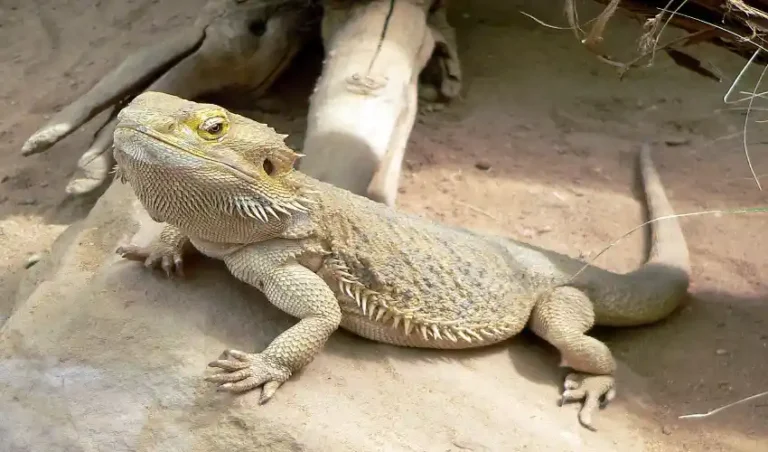Introduction
German Giant Bearded Dragons are one of the largest variations of the bearded dragon species. Their dietary needs are slightly different from standard bearded dragons due to their size and metabolism. Proper feeding ensures they stay healthy, active, and live a long life. This guide will cover the best diet, feeding schedules, and nutritional requirements for your German Giant Bearded Dragon.
Understanding Their Dietary Needs
German giant bearded dragon for sale are omnivores, meaning they require both plant-based foods and animal protein. Their diet should be a balanced mix of vegetables, fruits, and insects to ensure proper growth and health.
Protein Sources
Protein is crucial for growth, especially for young dragons. Good protein sources include:
- Insects: Crickets, dubia roaches, mealworms, superworms, and black soldier fly larvae
- Occasional Treats: Waxworms and hornworms (high in fat, so feed sparingly)
- Pinkie Mice: Only for fully grown adults as an occasional protein boost
Vegetables and Greens
Vegetables and greens should make up a significant portion of their diet. Some of the best options include:
- Leafy Greens: Collard greens, mustard greens, dandelion greens, turnip greens
- Vegetables: Squash, bell peppers, carrots, zucchini, and sweet potatoes
- Avoid: Spinach and kale in excess (can interfere with calcium absorption)
Fruits
Fruits should be given occasionally due to their sugar content. Some safe fruits include:
- Blueberries
- Mango
- Papaya
- Strawberries
- Apples (without seeds)
Feeding Schedule
Hatchlings (0-6 months)
- Feed 3-5 times a day
- 70-80% protein (insects), 20-30% greens/vegetables
- Dust insects with calcium supplement daily
Juveniles (6-12 months)
- Feed 2-3 times a day
- 60% protein, 40% greens/vegetables
- Calcium dusting 4-5 times a week
Adults (12+ months)
- Feed once a day or every other day
- 20-30% protein, 70-80% greens/vegetables
- Calcium dusting 2-3 times a week
Supplements and Hydration
- Calcium and Vitamin D3: Crucial for bone health; dust insects or veggies accordingly.
- Multivitamins: Once or twice a week for added nutrition.
- Water: Provide fresh water daily; misting greens can help with hydration.
Foods to Avoid
- Avocado (toxic)
- Rhubarb (toxic)
- Iceberg lettuce (low nutritional value)
- Citrus fruits (can cause digestive issues)
- Wild-caught insects (may carry pesticides or parasites)
Conclusion
Feeding your German Giant Bearded Dragon properly involves a well-balanced diet of protein, vegetables, fruits, and essential supplements. Sticking to a proper feeding schedule based on their age will ensure they grow healthy and strong. By following these guidelines, your German Giant Bearded Dragon will thrive and live a long, happy life.
